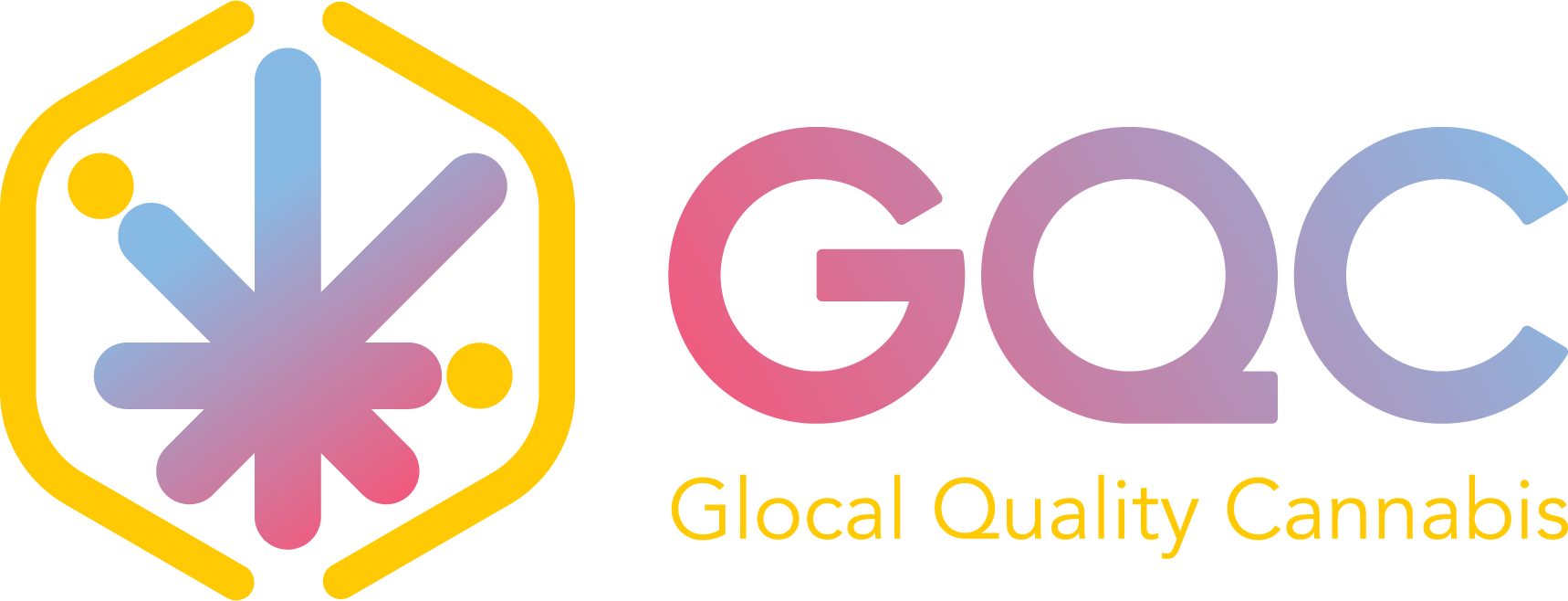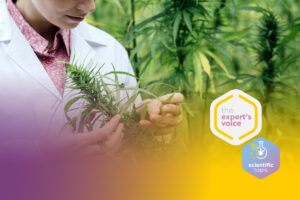Switzerland’s CBD and medical cannabis industry is currently valued at an estimated EUR 75 million, a figure expected to more than double as regulated medical and adult-use cannabis consumption picks up. Since August 2022, Swiss physicians can prescribe medical cannabis to patients without limitations. Switzerland’s move toward making adult-use and medical-use cannabis accessible is likely to increase demand, with estimates placing the country’s future cannabis production at 20 tonnes. Currently, local governments can set up pilot projects for adult-use cannabis consisting of up to 5,000 existing cannabis users per project, a move that comes close to de facto legalization of adult-use cannabis. Discussions are underway to fully legalize the adult-use market, which could bring cannabis production close to 180 tonnes over time.
Before the federal government relaxed laws governing the use of medical cannabis, obtaining an exceptional license from the Federal Office of Public Health (FOPH) for medical cannabis use was mandatory. Tight regulations on medical cannabis in Switzerland led to a thriving illegal market estimated by the FOPH to have served over 100,000 Swiss consumers. Since the ban was lifted in March 2021, patients no longer require special exemption from the FOPH to use medical cannabis.
Although national health insurance does not currently reimburse medical cannabis costs, the price of the commodity is expected to fall in the long run. Licensed production companies can offer their products to the market by either importing GACP cannabis or placing a specific order with a Swiss cultivation company. Relaxed legislation means medical cannabis producers can now export their products for commercial purposes after getting approval from Swissmedic.
The Swiss government has introduced a new law allowing for pilot projects to explore the controlled distribution of non-medical cannabis for ten years. Cantons and municipalities can set up these projects, involving up to 5,000 participants who must provide written consent and prove they have previously consumed cannabis. The pilot projects aim to explore the impact of controlled cannabis distribution on physical and mental health, consumption habits, and the local illegal drug market. Participants can purchase up to 10 grams of THC per month from qualified personnel, and consumption is limited to personal use and not in public. Pilot projects must be limited in time, locality, and scope and may only use Swiss-grown cannabis products that comply with Swiss organic farming rules and contain less than 20% THC.
The detailed guidelines enforced by authorities aim to produce tangible data from pilot projects that can inform research reports sent to the Federal Office of Public Health for evaluation before any changes to the narcotics act. Basel was the first city approved for the pilot program, while other regions are also applying to set up trials. The program is expanding distribution channels to include social clubs, retail outlets, and other channels in addition to pharmacies to ensure ease of access for participants. The pilot projects will also help Swiss regulators develop better adult-use cannabis regulations.





